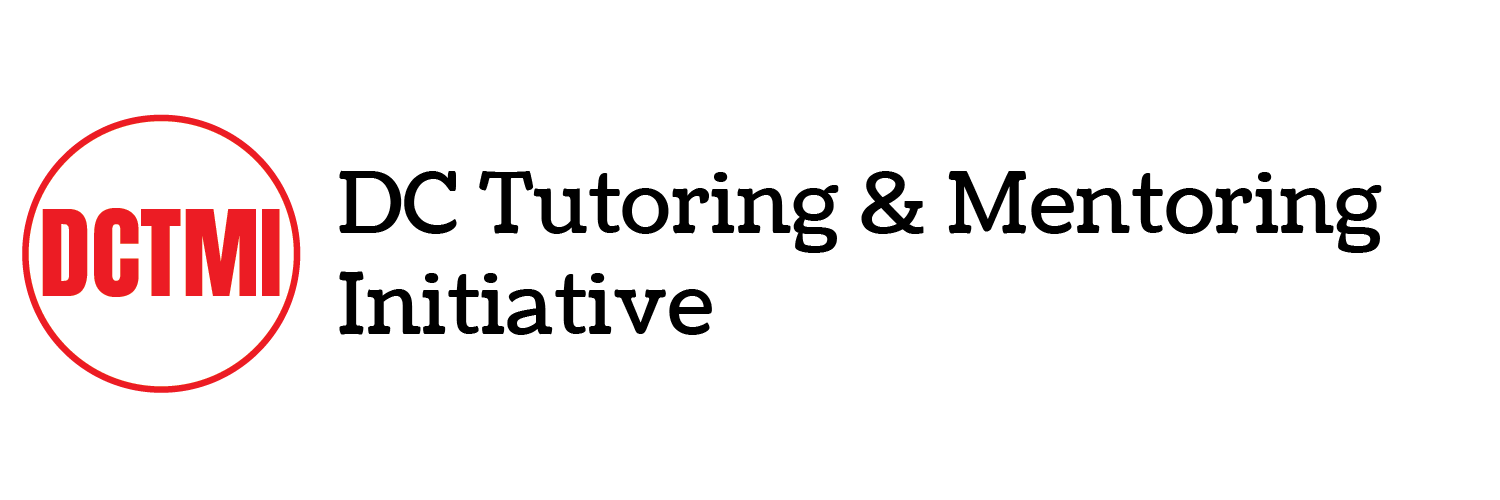Self-Care & Inner Work
[The] most important lesson I have learned in the fifty years I have spent working toward the building of a better world is that the true work of social transformation starts within. It begins inside your own heart and mind, because the battleground of human transformation is really, more than any other thing, the struggle within the human consciousness to believe and accept what is true. Thus to truly revolutionize our society, we must first revolutionize ourselves. We must be the change we seek if we are to effectively demand transformation from others. – John Lewis, Across that Bridge
A daily practice of solitude — whether prayer, meditation, reflection, walking, journaling or study — helps us in a range of ways that both benefit us as individuals and help us be more effective as tutors, mentors and in our community leadership work.
How valuable is it? Nelson Mandela said, “One of the things that made me long to be back in prison was that I had so little opportunity for reading, thinking and quiet reflection after my release.“ There’s ample scientific evidence that various “solitude practices” make it easier for us to stay focused on the long-term, on what is important, and not just on what is urgent or grabs our emotions.
We hope that the following short lists of university centers, articles, books, and videos on both the benefits and types of practice — including secular, Christian, and Buddhist — can help you find a practice that works for you.
Articles
- Why Walking Helps Us Think. Ferris Jabr, New Yorker (Sept. 3, 2014).
“Many experiments have shown that after or during exercise, even very mild exertion, people perform better on tests of memory and attention. Walking on a regular basis also promotes new connections between brain cells, staves off the usual withering of brain tissue that comes with age, increases the volume of the hippocampus (a brain region crucial for memory), and elevates levels of molecules that both stimulate the growth of new neurons and transmit messages between them… The way we move our bodies further changes the nature of our thoughts, and vice versa.” - Six Reasons Why Walking Is the Daily Brain Medicine We Really Need. David DiSalvo. Forbes (Oct. 2016)
- Why Everyone From Beethoven, Goethe, Dickens, Darwin To Steve Jobs Took Long Walks and Why You Should Too. Andrew Tate (2015).
- In Mindfulness, a Method to Sharpen Focus and Open Minds. New York Times (Mar. 23, 2013).
“Stress doesn’t go away, ever. That’s why we call it stress management rather than stress elimination,” he said. Rather, he said, mindfulness can “create a world where you experience depth, meaning and connectedness. You see joy and sadness more fully and settle more deeply into an authentic way of being.” - Solitude and Leadership. Wm. Deresiewicz (2012). “If you want others to follow, learn to be alone with your thoughts… What is leadership? Ultimately it means being able to think for yourself. How do you think for yourself? By being alone.” For the highlights, see: http://hereandnow.legacy.wbur.org/2012/02/20/leader-thoughts-alone.
- The Importance of Quiet Time. Alan Lightman (May 2018). “Although changing habits of mind is difficult, it can be done. With a little determination, each of us can find a half hour a day to waste time. And when we do so, we give ourselves a gift. It is a gift to our spirit. It is an honoring of that quiet, whispering voice. It is a liberation from the cage of the wired world. It is freedom.”
- Watching the River. Fr. Richard Rohr (adapted from his book Everything Belongs: The Gift of Contemplative Prayer) (May 10, 2016).
- What Works: Meditation. Phil Fox Rose (2009).
“Isn’t meditation non-Christian? ‘Be still, and know that I am God!’ (Psalm 46:10) The purpose of meditation is to better align with God, to better know God — to stop struggling against God’s Will, against the way things are; to better comprehend that we are held and loved, that we are OK no matter what we might be walking through. There is nothing non-Christian about that.” - How to Meditate. The New York Times.
- Jack Kornfield on Gratitude and Mindfulness. Carolyn Gregoire (MAY 19, 2014)
“Mahatma Gandhi took one day a week in silence, even in the midst of marches of thousands… When everything was in the middle of this huge transformation, he would say, ‘I’m sorry, this is my day of silence.’ And he would sit and quiet himself and try to listen to what was the most compassionate and skillful and powerful response he could make, coming from that deep center of wisdom.” - The Morality of Meditation, by David DeSteno (NYT, 7/2013):
“We recruited 39 people…who were willing to take part in an eight-week course on meditation… We then randomly assigned 20 of them to take part in weekly meditation classes, which also required them to practice at home using guided recordings. The remaining 19 were told that they had been placed on a waiting list for a future course….
The results were striking. Although only 16 percent of the nonmeditators gave up their seats — an admittedly disheartening fact — the proportion rose to 50 percent among those who had meditated. This increase is impressive not solely because it occurred after only eight weeks of meditation, but also because it did so within the context of a situation known to inhibit considerate behavior: witnessing others ignoring a person in distress — what psychologists call the bystander effect — reduces the odds that any single individual will help. Nonetheless, the meditation increased the compassionate response threefold.”
Videos
- Boyd Varty: What I Learned from Nelson Mandela. TED Talk (2013). “Mandela said often that the gift of prison was the ability to go within and to think, to create in himself the things he most wanted for South Africa: peace, reconciliation, harmony.”
- Brother David Steindl-Rast: Want to be happy? Be grateful TED Talk (2013, 14 min.)
- Andy Puddicombe: All it takes is 10 mindful minutes. TED Talk (2012, 9:24 min.). “And the beauty of it is that even though it need only take about 10 minutes a day, it impacts our entire life. But we need to know how to do it. We need an exercise. We need a framework to learn how to be more mindful. That’s essentially what meditation is. It’s familiarizing ourselves with the present moment.”
Books
- Daniel Goleman, Altered States: Science Reveals How Meditation Changes Your Mind, Brain, and Body
- Daniel Siegel, M.D., Aware: The Science and Practice of Presence–The Groundbreaking Meditation Practice
- Robert Wright, Why Buddhism is True: The Science and Philosophy of Meditation and Enlightenment
- Jack Kornfield, A Path With Heart: A Guide Through the Perils and Promises of Spiritual Life
- Fr. Thomas Keating, Open Mind, Open Heart: The Contemplative Dimension of the Gospel or Intimacy with God: An Introduction to Centering Prayer
University Centers
- Univ. of California at Berkeley – Greater Good Science Center
- Univ. of Wisconsin (Madison) – Center for Healthy Minds
- UCLA – Mindful Awareness Research Center
- Stanford – Center Center for Compassion and Altruism Research and Education
- Univ. of Massachusetts Center – Center for Mindfulness
- Brown University – Mindfulness Center (School of Public Health)


